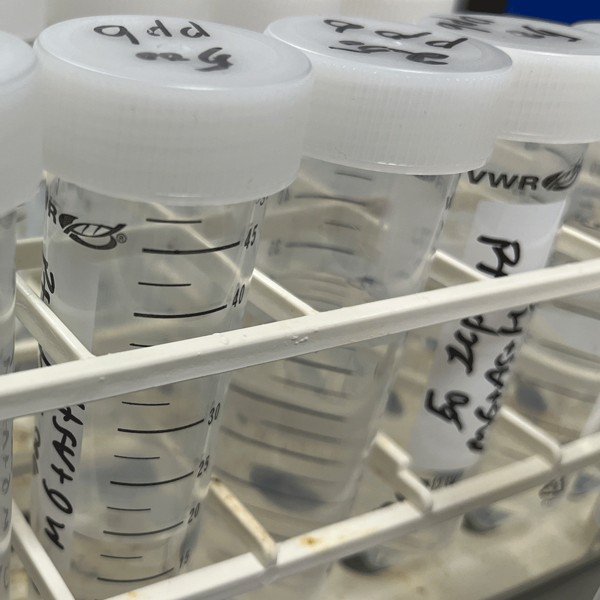The department represents a broad field of knowledge theory ranging from engineering science to social science to the humanities and design-based, artistic research. These different perspectives enable strong interdisciplinary development and a broader discussion of different aspects of sustainability. Together, we are well equipped to take on challenges in the pursuit of a sustainable society.
Our research is fundamentally structured into twenty different Research Areas, with much co-operation between Research Areas within the department and with other research areas in Chalmers, in Sweden and internationally. We recruit globally and our employees come from all over the world.
To facilitate excellent research, ACE is equipped with state-of-the-art laboratories and facilities covering a wide spectrum of application areas. These resources function as incubators for new ideas and nurture a culture of creativity and experimentation.
Our research profiles are reflected in our doctoral programmes in the two Graduate schools; Civil and Environmental Engineering and Applied Acoustics, as well as in our international Master's programmes. We place a great deal of importance on collaboration and on disseminating the results of our research to a wide public audience. Through active involvement in several of Chalmer's Areas of Advance, we contribute to the vision of a sustainable future.
Research in the Architecture subject areas
Architecture is a multidisciplinary field spanning subjects such as engineering, the social sciences, arts and humanities. Moreover, architectural knowledge is often formed and transferred through practical and design work, where many perspectives are considered and evaluated. This means that, in our research projects and teaching, we frequently collaborate with other disciplines and with practitioners.
The methods of architectural research are very broad, including established quantitative and qualitative methods from the natural and social sciences, as well as humanities, and more recently developed methodologies in artistic and transdisciplinary, practice-based research. The department's research is supported by the full range of these methodologies, and we are actively involved in further developing design, practice-based, and artistic research methodologies, as well as articulating the specific knowledge forms of architecture and architectural practice.
Research in the Civil Engineering subject areas
Our publications

Publications from ACE
Our research projects

